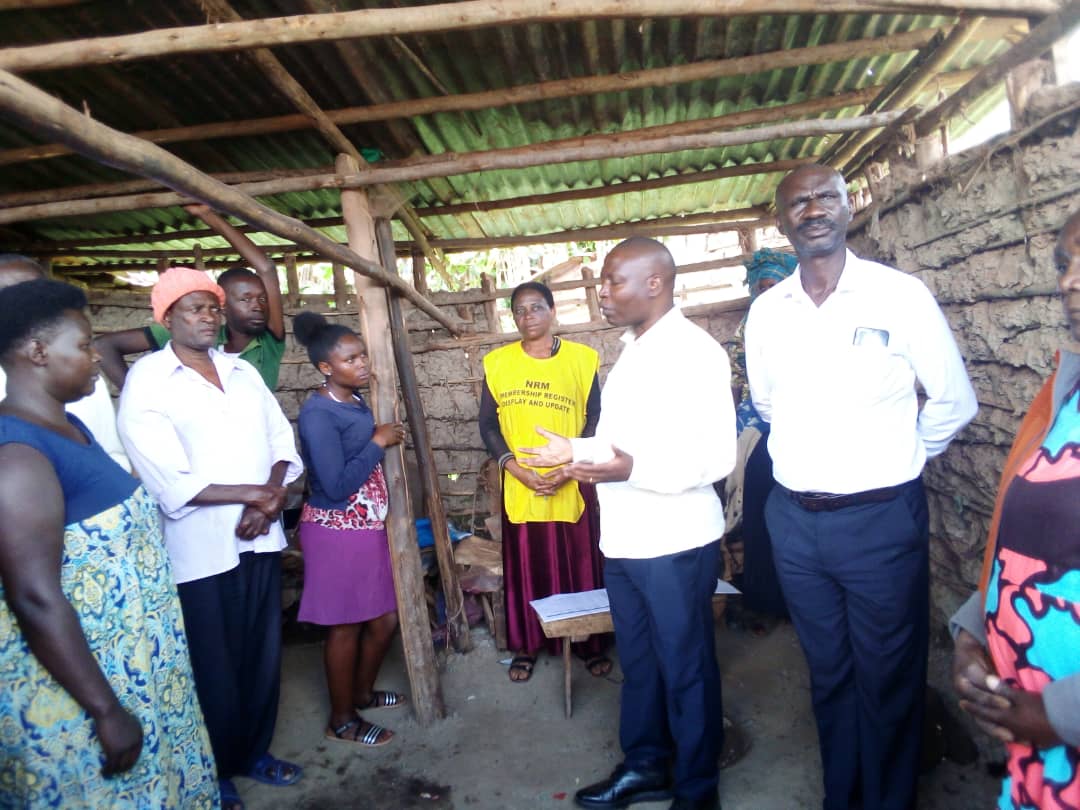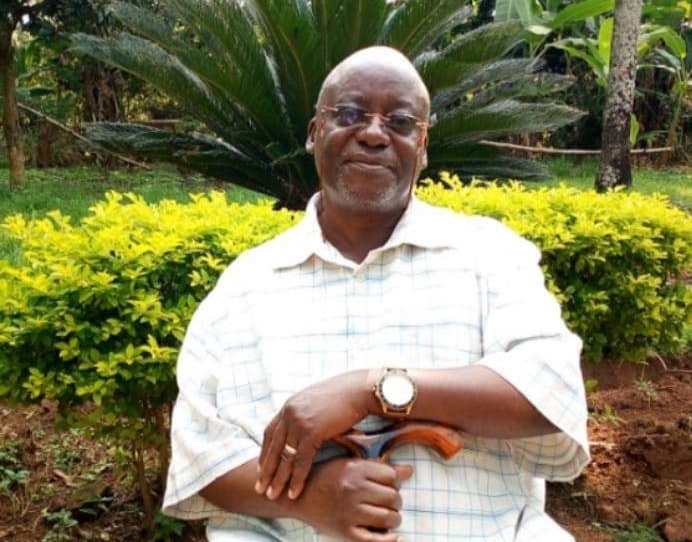The issuance of the new PPDA regulations 2023, and guidelines 2024, by the government of Uganda to guide public procurement and assets disposal is a significant step towards enhancing business efficiency and cost savings. These regulations and guidelines developed in response to evolving legal frameworks, aim to harmonise procurement practices across central and local government entities, streamline procurement processes, and promote sustainable procurement without compromising quality.
In 2003, the government enacted the PPDA Act as the principal law for guiding and regulating practices in respect of public procurement and asset disposal in Uganda. The Act came into force on 21st February, 2003 and has since been amended twice in 2011 and 2021.
The 2021 amendment was assented to by President Museveni on 1st June, 2021 and it came into force on 1st July, 2021. It introduced new provisions to govern public procurement and disposal of public assets.
The objectives of the new regulations and guidelines include; creating efficiency in the procurement process, promoting the use of procurement as a socio-economic tool, and ensuring sustainable procurement practices. The government’s commitment to rolling out the Electronic Government Procurement system to all procuring and disposing entities within the next two financial years underscores its dedication to promoting transparency, efficiency, and accountability in public procurement.
The government of Uganda development expenditure amounts to 6.1 trillion and domestic arrears worth 215.8 billion, with 60% of the national budget going to public procurement. The e-GP system is therefore a key driver for promoting transparency, efficiency and accountability in public procurement which is a basis for economic transformation and improved service delivery.
Ministry of Finance, Planning and Economic Development through PPDA and the e-GP project team embarked on regional sensitisation initiatives and stakeholder engagements to increase awareness, enhance knowledge, and secure stakeholder buy-in for the e-GP system. The participation of various stakeholders, included CAOs, municipality and city clerks and accounting officers demonstrating a collective effort to drive the adoption of the e-GP system and improved procurement processes. This 5-week activity was conducted across 13 sub-regions from 12th February to 12th March, 2024 with over 1,239 participants.
The regional dissemination of the new regulations and guidelines, coupled with the implementation of the e-GP system is expected to yield significant outputs, including the effective rollout of the e-GP system across various entities. By accelerating the adoption of the e-GP system, the government aims to enhance efficiency and transparency in public procurement and disposal processes, ultimately contributing to improved governance and reduced corruption and wastage of resources.
The importance of digitalising public procurement and disposal of assets in Uganda therefore cannot be overstated. This system is essential for promoting transparency, efficiency, and accountability. By establishing clear rules and procedures, the government will fight corruption, improve operational efficiency, and ensure public funds are used effectively. Embracing these new regulations and guidelines further enhances the benefits of the e-GP system. Overall, a robust framework of e-procurement is crucial in maximizing the impact of public spending in Uganda.
Do you have a story in your community or an opinion to share with us: Email us at Submit an Article









